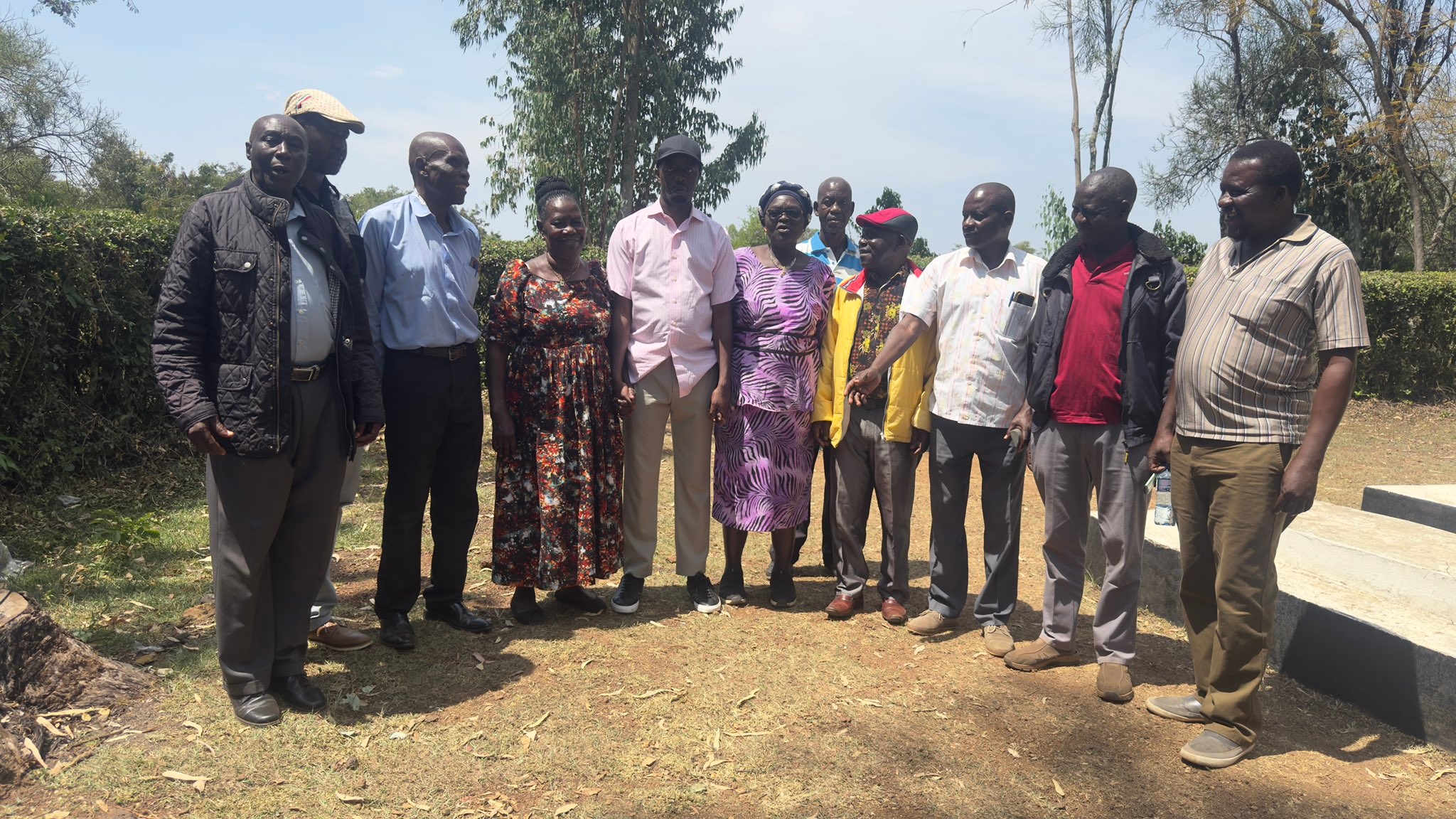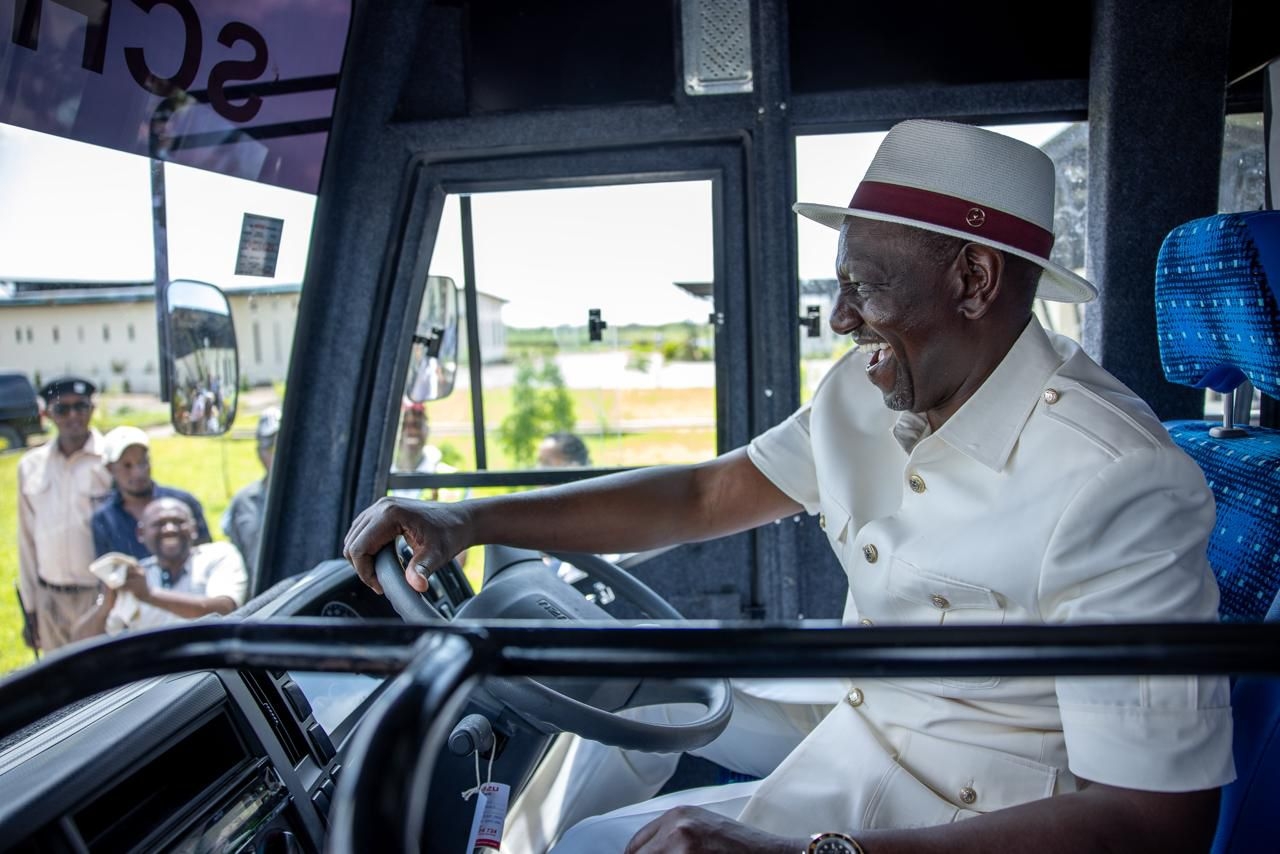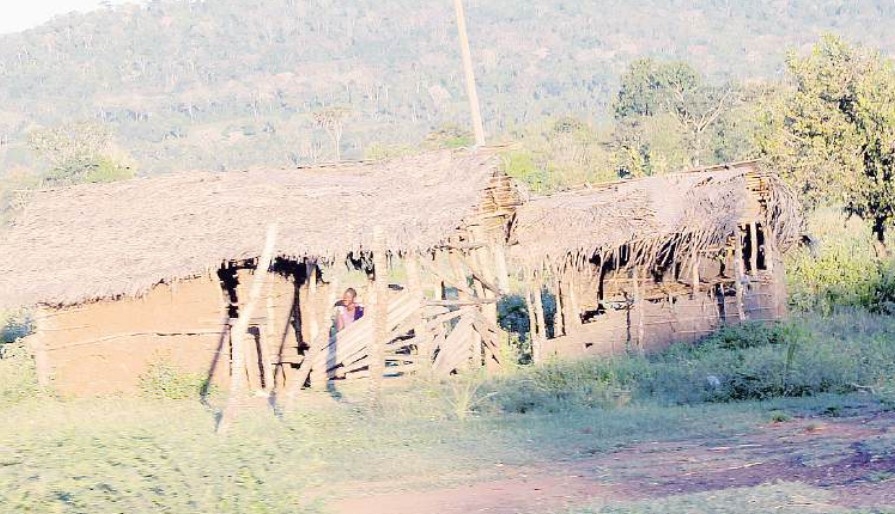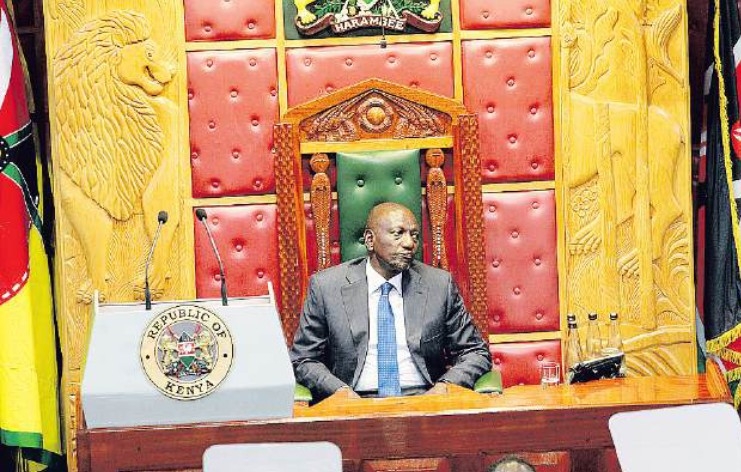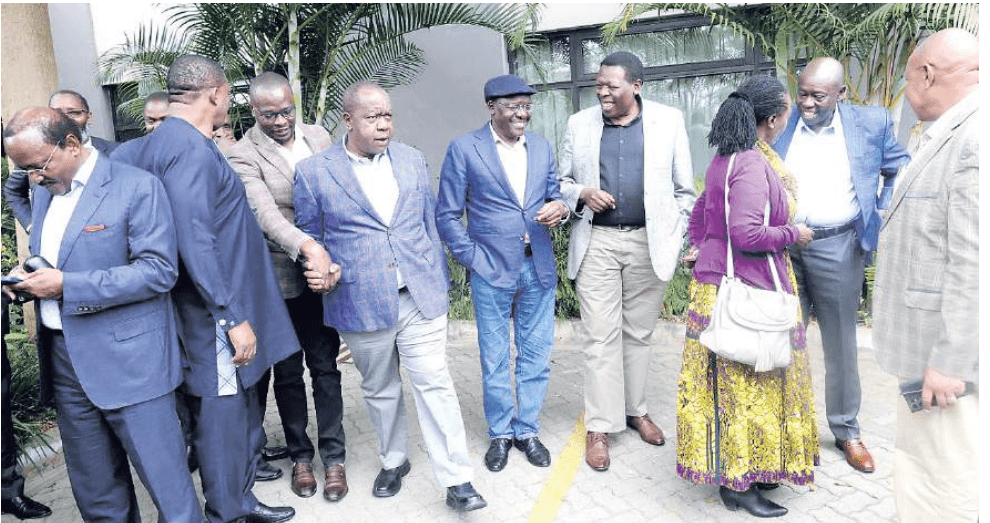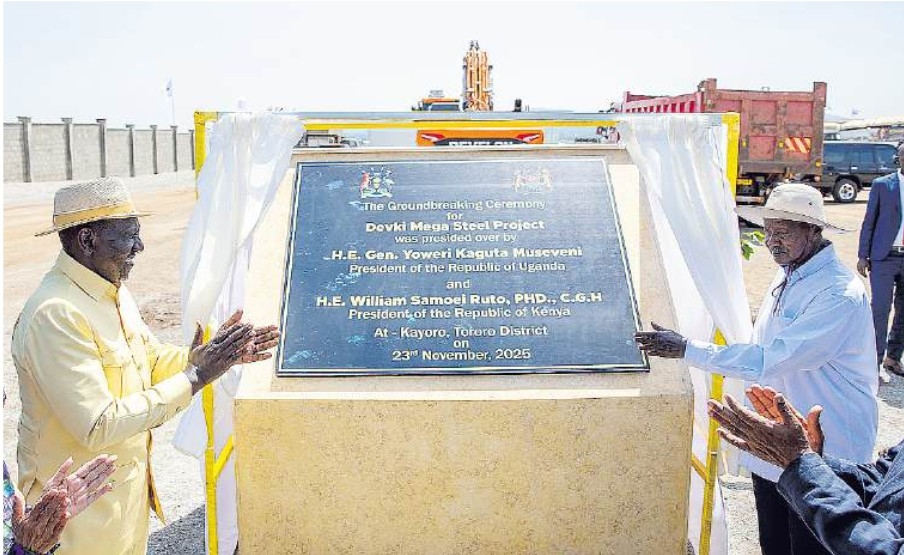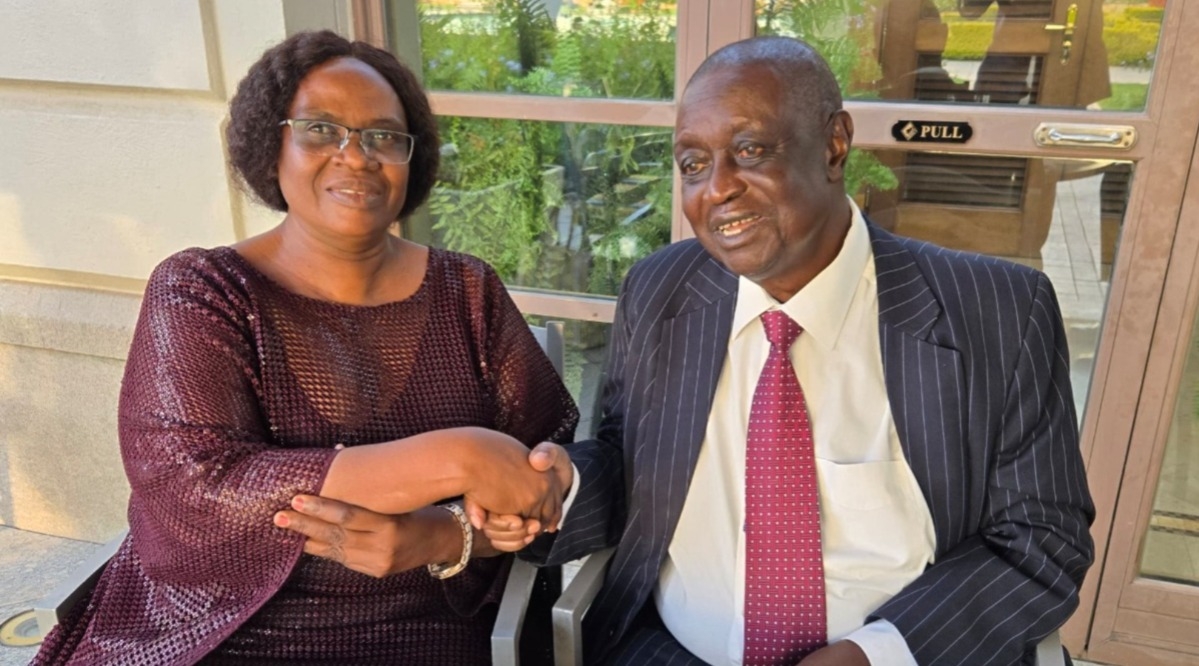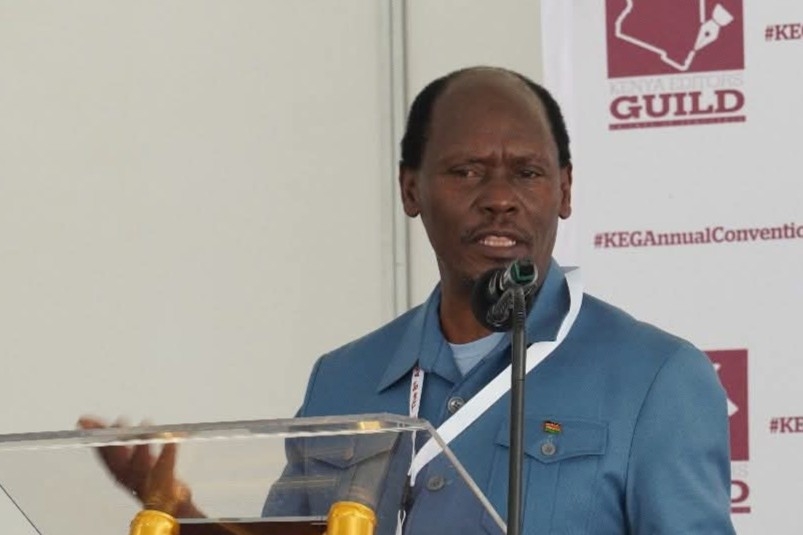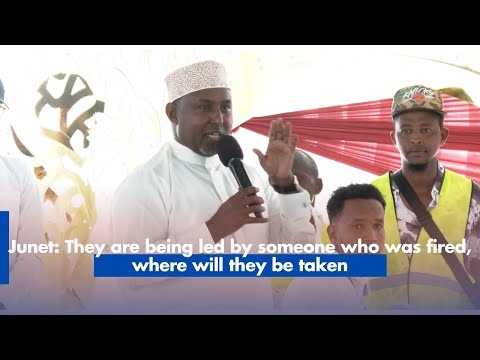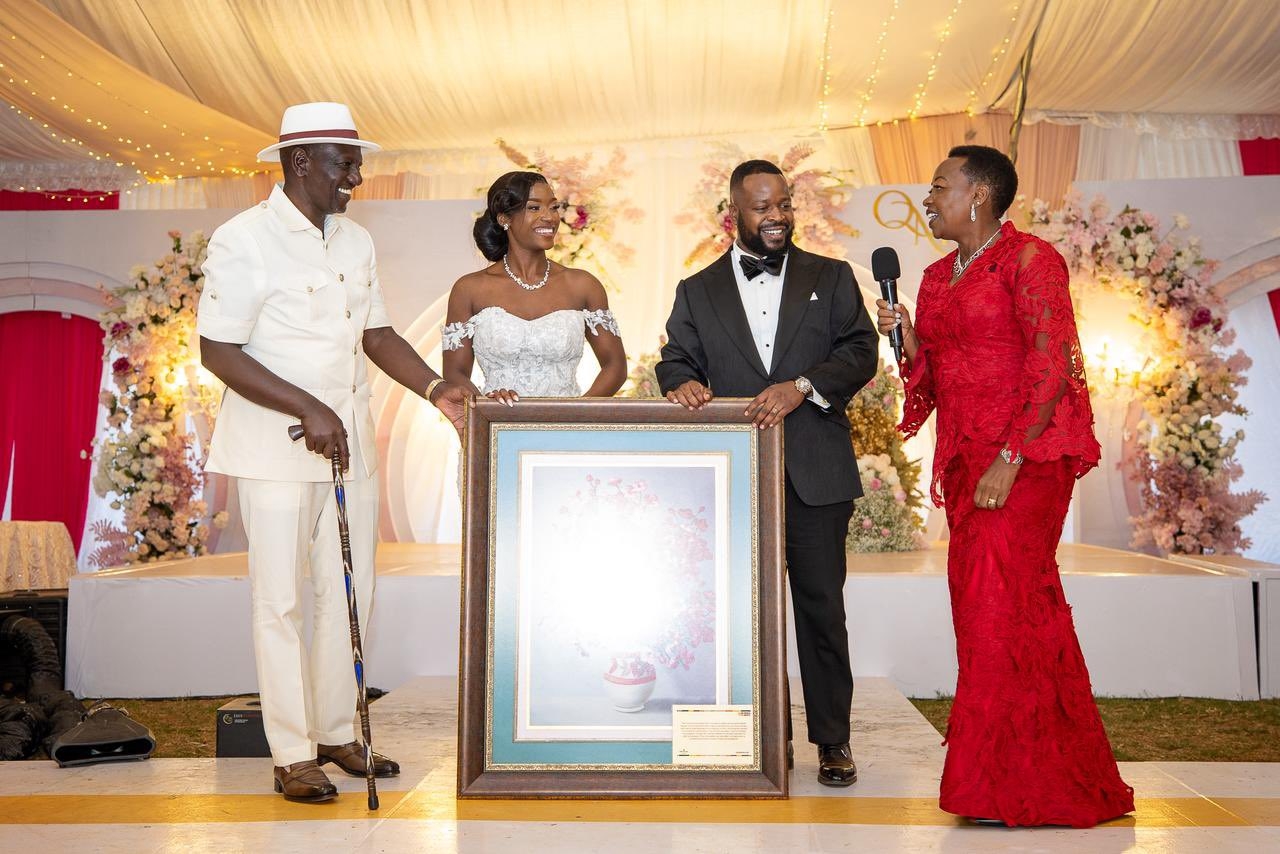Before we understand what is means to be an African child and why we celebrate the day, allow me to appreciate fathers.
This is their month.
I have heard a lot of complaints of men saying they are only celebrated for one day and then it’s back to business as usual.
Sometimes they are not even celebrated, so they say.
I have seen complains of how women “drag” their celebrations and end up observing Mother’s Day or International Women’s Day for an entire month.
Question is, what stops men from celebrating fathers for an entire month?
Happy Father’s Month to all the men reading this.
I also wish to celebrate the mothers who have doubled up as fathers.
Yes, I had to.
The International Day of the African Child, according to Wikipedia, was first initiated by the Organisation of African Unity.
This was in honour of those who participated in the Soweto Uprising in 1976 on that day and raises awareness of the continuing need for improvement of the education provided to African children.
From my knowledge, that is primarily why the day is celebrated. But over time, I have seen different organisations celebrate the day and create awareness in a number of issues that affect the African child.
In Soweto, South Africa, on June 16, 1976, about 10,000 black school children marched in a column more than half a mile long, protesting the poor quality of their education and demanding their right to be taught in their own language.
Hundreds of young students were shot, the most famous being Hector Pieterson.
Since then, on June 16 every year, governments, NGOs, international organisations and other stakeholders gather to discuss the challenges and opportunities facing the full realisation of the rights of children in Africa.
I recently sat through a discussion organised by lawyers that focused on children and the justice system.
One thing that stood out for me was that the era where a child in an African upbringing is almost too often dismissed, is a period that is far gone.
Schoolchildren present during the session taught me so much about how they felt being handled by the society in a number of areas.
Is it possible for us to start normalising involving the voice of children whenever we want to make decisions that ultimately affect their future?
During an interactive media session, one child spoke of how they wouldn’t want to be termed “thieves” or “thugs” when they are caught with items that don’t belong to them.
“Mtoto akichukua sweeti kwa duka, saa zingine huwa labda hajafunzwa kuwa ni tabia mbaya,” another one said.
"Anaona tu ako sawa na yeye si mwizi. Kama wakubwa wetu wanaweza tafuta njia bora za kutuelimisha badala ya kutubandika majina, inaweza kuwa kitu poa sana."
I am tempted to think that if we can give our children some voice so they can speak and add their two cents, our society could go far in terms of supporting the African child.
Others felt like a law should be put in place that bans their own parents from posting their photos and videos online.
This ultimately puts them at risk of harassment by paedophiles and being sold off to bidders on the dark web simply because they are black children.
Some law practitioners were for the idea, and I couldn’t agree more.
When I talk of children, my reference point is anyone below the age of 18 years as per the Kenyan law.
We know that a child’s mindset is young and keeps growing everyday, but when did you last hear a child say something smart and it left you in awe?
As I celebrate the day of the African child, although it is late, I want to challenge us to give our African children a chance to contribute to contextual issues once in a while.
You never know when they can challenge your thinking.
In this day and era, we need to embrace being open-minded to a number of things.
On the other hand, let’s not forget some of the ways we were brought up as African children and allow some of the lessons to continue trickling down to our younger generation.
Let some of the good legacy live on.





